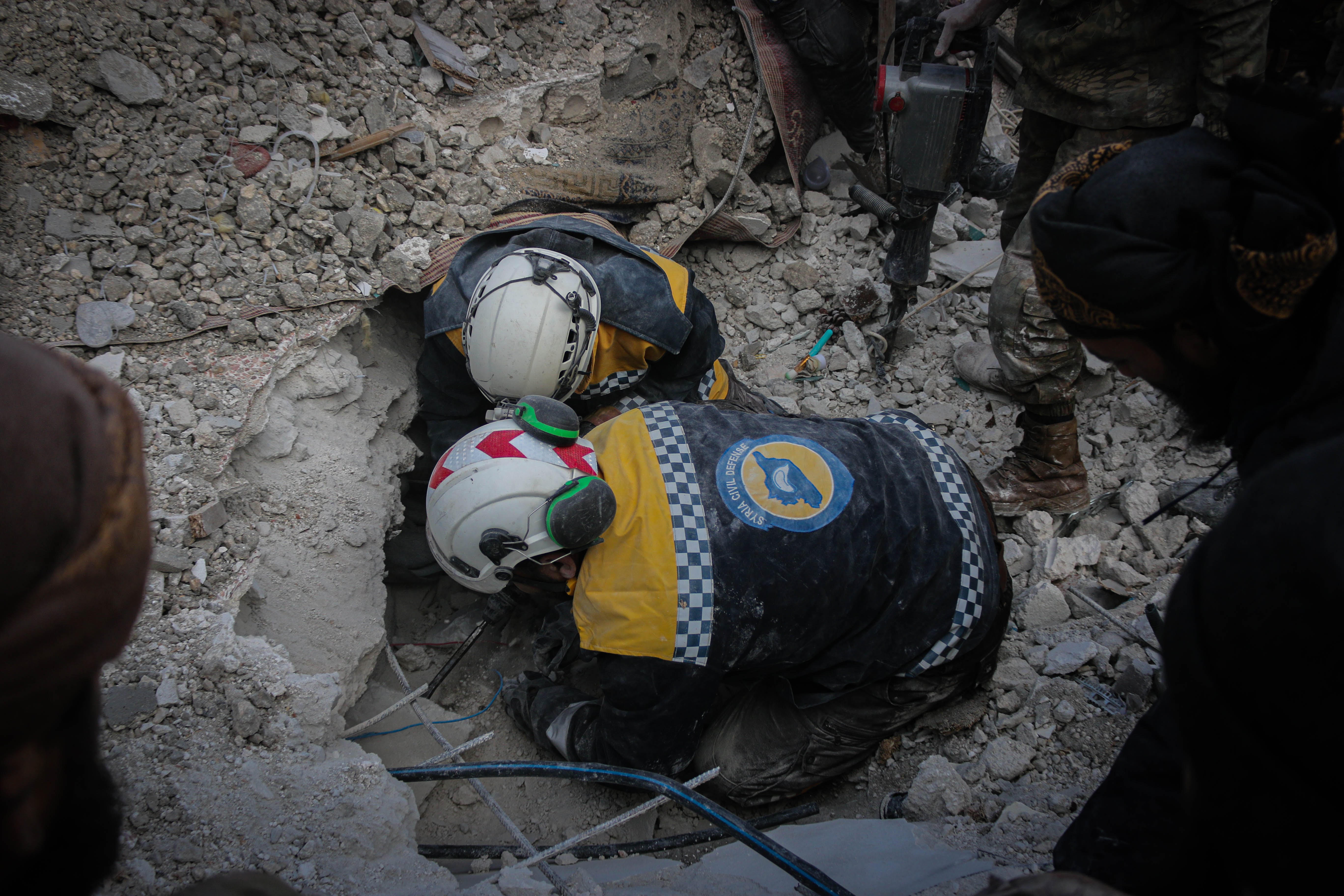Private sectors have been an important part of humanitarian responses for a long time. Since the 2016 World Humanitarian Summit, Connecting Business Initiative (CBi) has been playing a major role to involve and support private sectors. Three years after its establishment, 13 network channels are implementing actual projects across the globe, 40,000 SMEs signed up to join CBi, and responded to 15 emergencies. Private sector is not traditionally involved in humanitarian actions but will be one of the major players in the future. Here is how and why:
Why we need to involve the private sectors:
Private sectors always have the most advanced technology which can be beneficial to the humanitarian sector. Time is usually what emergency response staff are concerned by the most, but it takes longer for humanitarian supplies to arrive after or during a crisis. Bollore is able to collect data and transport goods in humanitarian logistics to ease the process. Bollore helps NGOs to achieve higher operational efficiency in crisis. March 2019, one week after the Cyclone Idai destroyed Beira, Mozambique, Bollore managed to mobilise 17 aircrafts and delivered over 700 tons of humanitarian goods. What the sector needs is rapid response lead time and ability to operate efficiently.
The private sector is also involved with their cash donations and highly professional technical staff. The financial gap of humanitarian needs was USD 25.2 billion in 2017, and the private sector contributed USD 6 billion to NGOs, governments, and other related sectors. Business is also making emergency financial service available to those in need. Cash transfer actions have become an efficient and usual responses after disasters. Private sector utilises technology and money to cooperate with the traditional humanisation sector can make a huge difference on this matter.
How can we involve private sectors:
- Change your mindset and be open minded: Businesses want to be treated as strategic partners not simply ATMs. Traditional perceptions of business gets in the way to influence our idea about business’s ulterior motives to participate in humanitarian responses. However, that is not the case. Business cares about the world as we do. Google created the Google Person Finder platform to assist people in need to find their friends and relatives in a disaster.
- Break the barriers: The world of humanitarian aid is complicated but so is the business world. International organisations and governments should put efforts to simplify donation procedures, working agendas, and let firms know what they can do in a straightforward way. To break the barriers, both businesses and NGOs have to start somewhere urgent. For example, health sector in Africa has long been underdeveloped due to poverty, limited government budget, and lack of universal health care. M-TIBA health mobile payment app in Kenya and private “soft care” in Botswana are perfect examples of private involvement in increasing humanitarian health actions.
- Establish long term relationships: For example, the Humanitarian Private Sector Partnership Platform for East Africa (HPPP-EA) is newly established to keep systematic long term partnerships among UN agencies, businesses, and governments. HPPP-EA is providing cross-sectoral trainings, disaster simulation exercises for businesses, and facilitating private engagement in Kenya and Uganda. Recently, HPPP-EA facilitated the National Media Group, the Safaricom Foundation, and Equity Bank to help with several manmade disasters. Private businesses not only implemented their CSR strategies, but also filled gaps where state governments were not able to. HPPP-EA plans to maintain long term relationship building with different stakeholders and keep involving those private actors.
- Create win-win situation: CBI is a business driven but UN-led program. There should be more similar programs to bring together private sector, governments, and NGOs to benefit everyone. HSBC found its employees were generating new ideas for business, and innovative financial models through their newly developed humanitarian training courses. HSBC partnered with the Humanitarian Leadership Academy to train its staff in humanitarianism in their Middle East Branch. Training provided staff rich knowledge of the humanitarian sector and humanitarian mindset—cost efficient project planning, project monitoring and evaluation, and living up to its core business values. Companies are also winning staff by utilising good CSR practices to attract the young generation.
Join one of those fantastic private sector involvement platforms today to make a difference.
Global platforms
- The Aidmatrix Foundation, USA;
- Fleet Forum, Switzerland;
- Global Hand, Hong Kong, China;
- NetHope, USA;
- Partnerships for Quality Medical Donations (PQMD), USA;
- World Economic Forum Logistics Emergency Team (WEF/LET), Switzerland.
Regional platforms
- Disaster Management Alliance (DMA), USA;
- Pacific Humanitarian Team (PHT), Fiji;
- Pacific Platform for Disaster Risk Management (PPDRM), Fiji.
National platforms
- Business for Peace Alliance (BPA), Sri Lanka;
- Business in the Community (BITC), UK;
- CiYuan, China;
- Corporate Network for Disaster Response (CNDR), Philippines;
- Disaster Resource Network (DRN), India;
- Kenyans for Kenya (K4K), Kenya;
- US Chamber of Commerce Business Civic Leadership Center (BCLC), USA.






